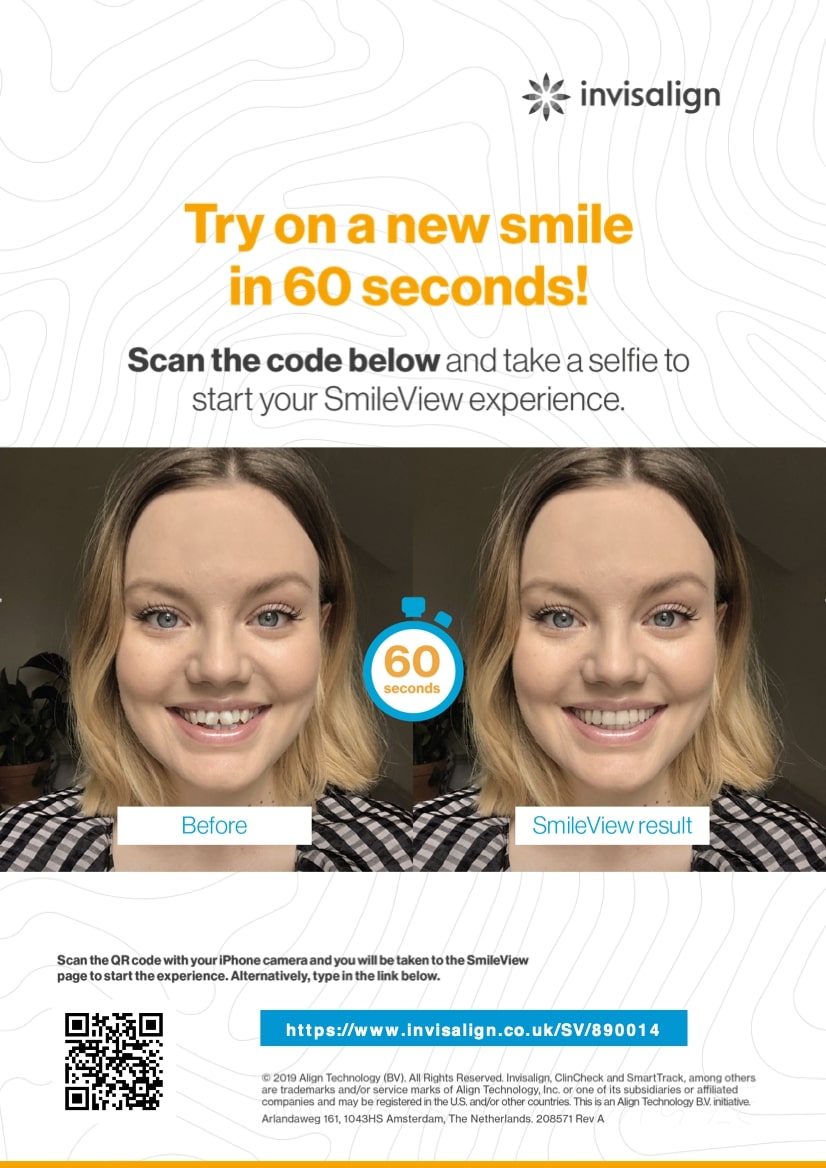
Invisalign vs Braces: Which is Right for Your Smile?
For many people in Bolton, achieving a straighter smile is a major goal. Orthodontic treatment not only improves the appearance of your teeth but can also make them easier to clean and reduce long-term dental issues. Traditionally, braces were the standard option for correcting crooked teeth or bite problems. Today, Invisalign clear aligners provide a modern alternative that appeals to both adults and teenagers.
If you are considering treatment, you may be wondering: Should I choose Invisalign or braces? Let’s break down the key differences so you can decide what’s right for you.
How Braces Work
Braces use metal brackets fixed to the teeth, joined by wires that apply steady pressure to shift teeth into their ideal positions. Your orthodontist adjusts them regularly throughout treatment.
Benefits of braces:
- Highly effective for even the most complex cases
- Work continuously since they are fixed in place
- Proven track record with millions of successful cases worldwide
Things to consider:
- Braces are very noticeable
- They can make brushing and flossing more difficult
- Certain foods must be avoided, like chewy sweets or crunchy snacks
- Some people experience irritation from wires or brackets
How Invisalign Works
Invisalign treatment uses a series of removable, clear aligners custom-made for your teeth. You wear each set for about two weeks before moving on to the next, gently guiding your teeth into alignment.
Benefits of Invisalign:
- Almost invisible, making them ideal for adults or image-conscious teenagers
- Removable, so you can eat and drink whatever you like
- Easier to maintain oral hygiene, since you can brush and floss as normal
- Smooth plastic aligners are generally more comfortable than metal braces
Things to consider:
- Invisalign works best for mild to moderate misalignments
- Success depends on wearing aligners 20–22 hours a day
- The cost can be higher than traditional braces
Invisalign vs Braces: Key Differences
While both treatments straighten teeth effectively, your experience will differ. Invisalign is more discreet and flexible, while braces are better suited to complex orthodontic issues and don’t rely on patient discipline.
Choose Invisalign if:
- You want a nearly invisible treatment option
- You have mild to moderate crowding or gaps
- You’re confident you can keep aligners in most of the day
Choose braces if:
- Your teeth need more extensive movement or bite correction
- You’re worried you may forget to wear aligners consistently
- You’re looking for a tried-and-true method that works in all cases
Lifestyle Considerations
Think about your day-to-day routine. If you attend a lot of meetings or work in a public-facing role in Bolton, Invisalign’s subtle appearance may be appealing. On the other hand, if you’d prefer a treatment that doesn’t rely on daily responsibility, braces may provide peace of mind.
Parents often choose braces for teenagers who may not always remember to wear aligners, while adults are drawn to Invisalign for its discreet, professional look.
Costs in Bolton
Prices for both Invisalign and braces vary based on complexity and treatment time. Braces are sometimes less expensive, but Invisalign’s convenience and comfort often justify the investment for many patients.
Final Thoughts
Both Invisalign and braces can transform your smile, boost your confidence, and improve your oral health. The right choice depends on your dental needs, lifestyle, and personal preference.
If you’re considering orthodontic treatment, book a consultation with a Bolton dentist. They can assess your teeth, discuss your goals, and recommend whether Invisalign or braces will give you the best results.
Call to Action
Ready to start your journey to straighter teeth? Speak to a trusted Bolton dentist today to explore whether Invisalign or braces are right for you.







